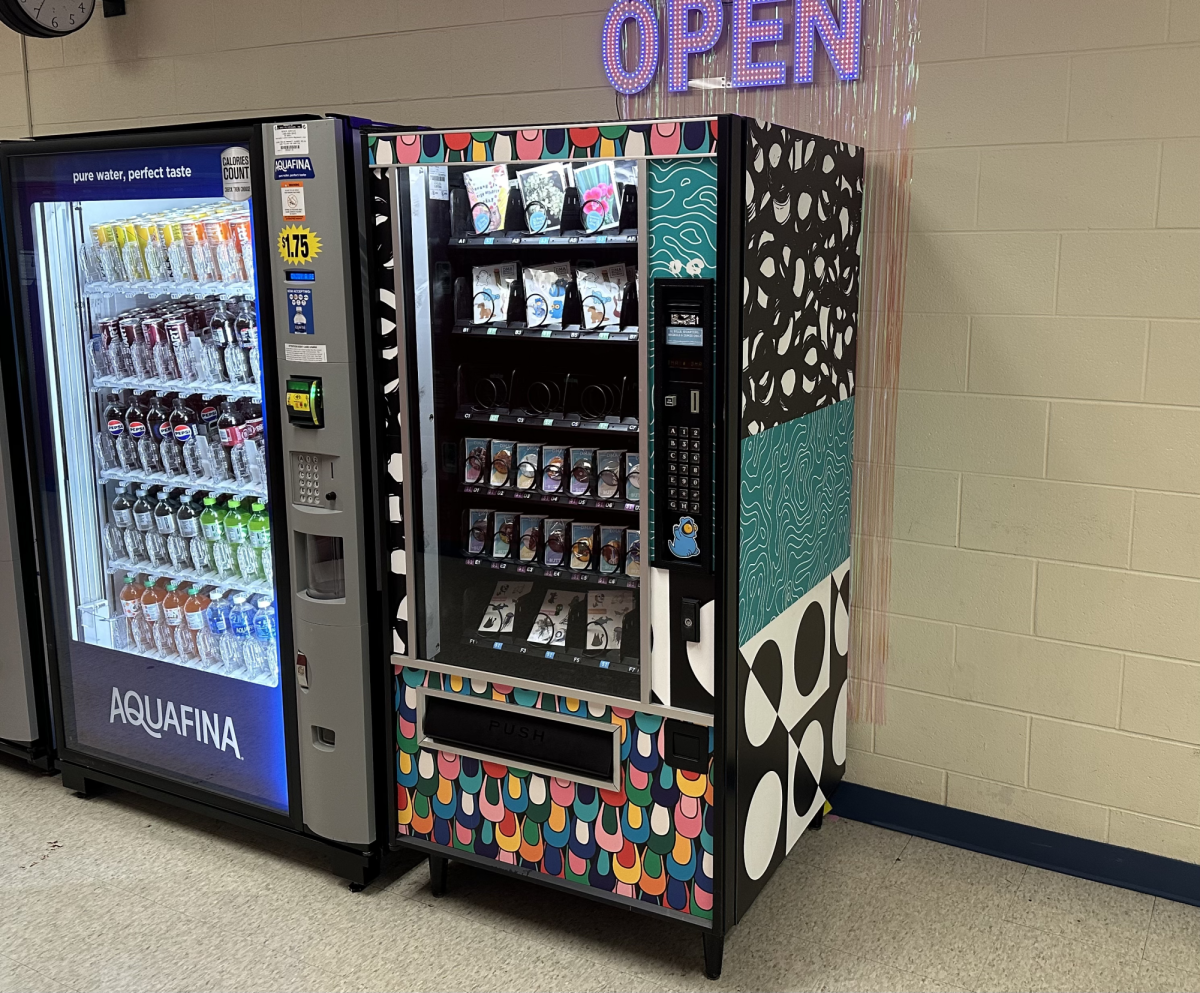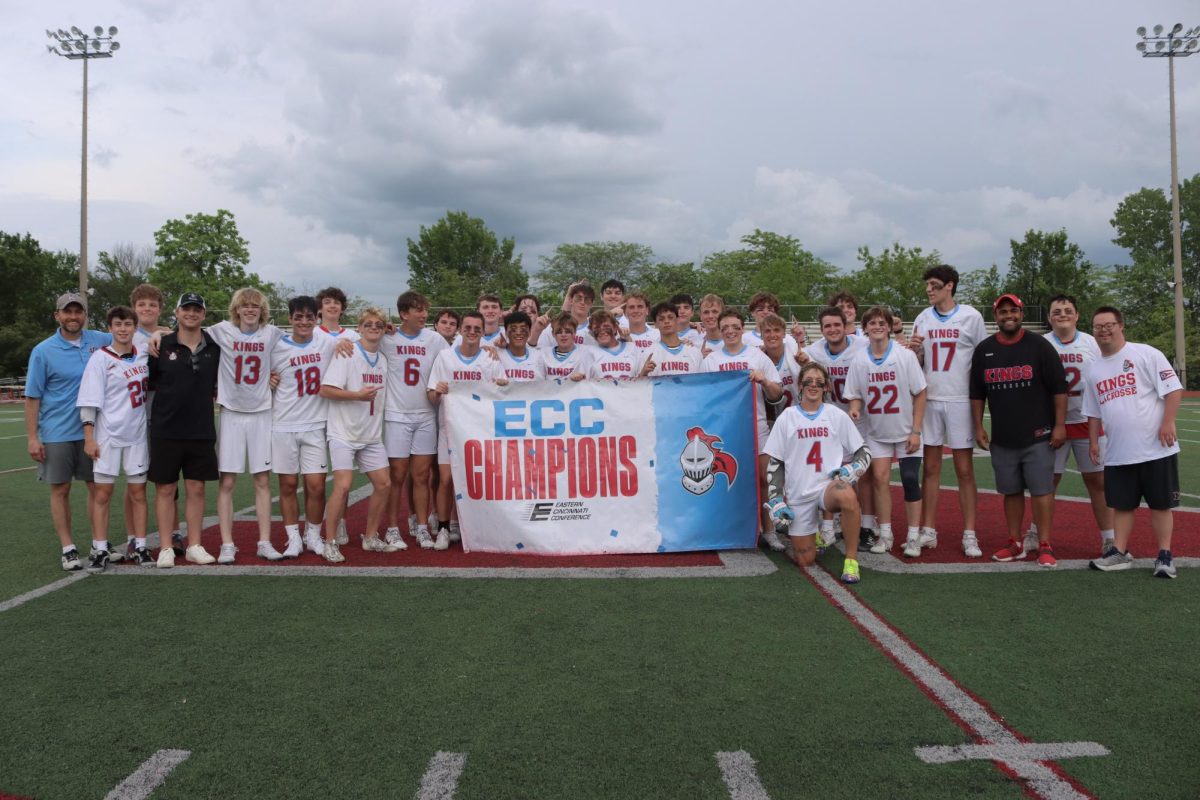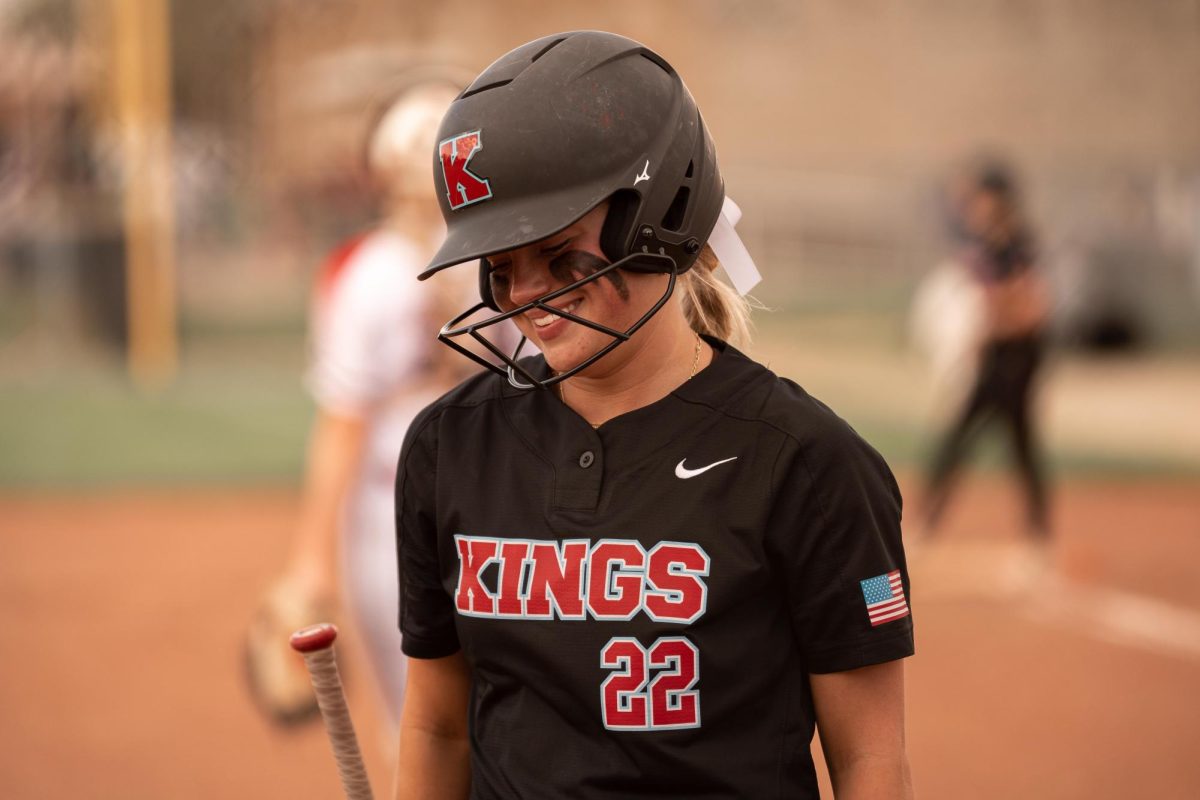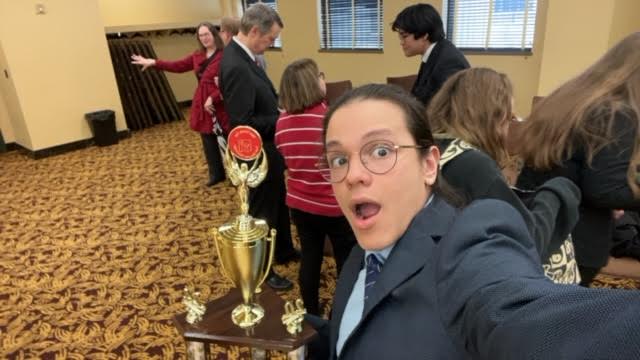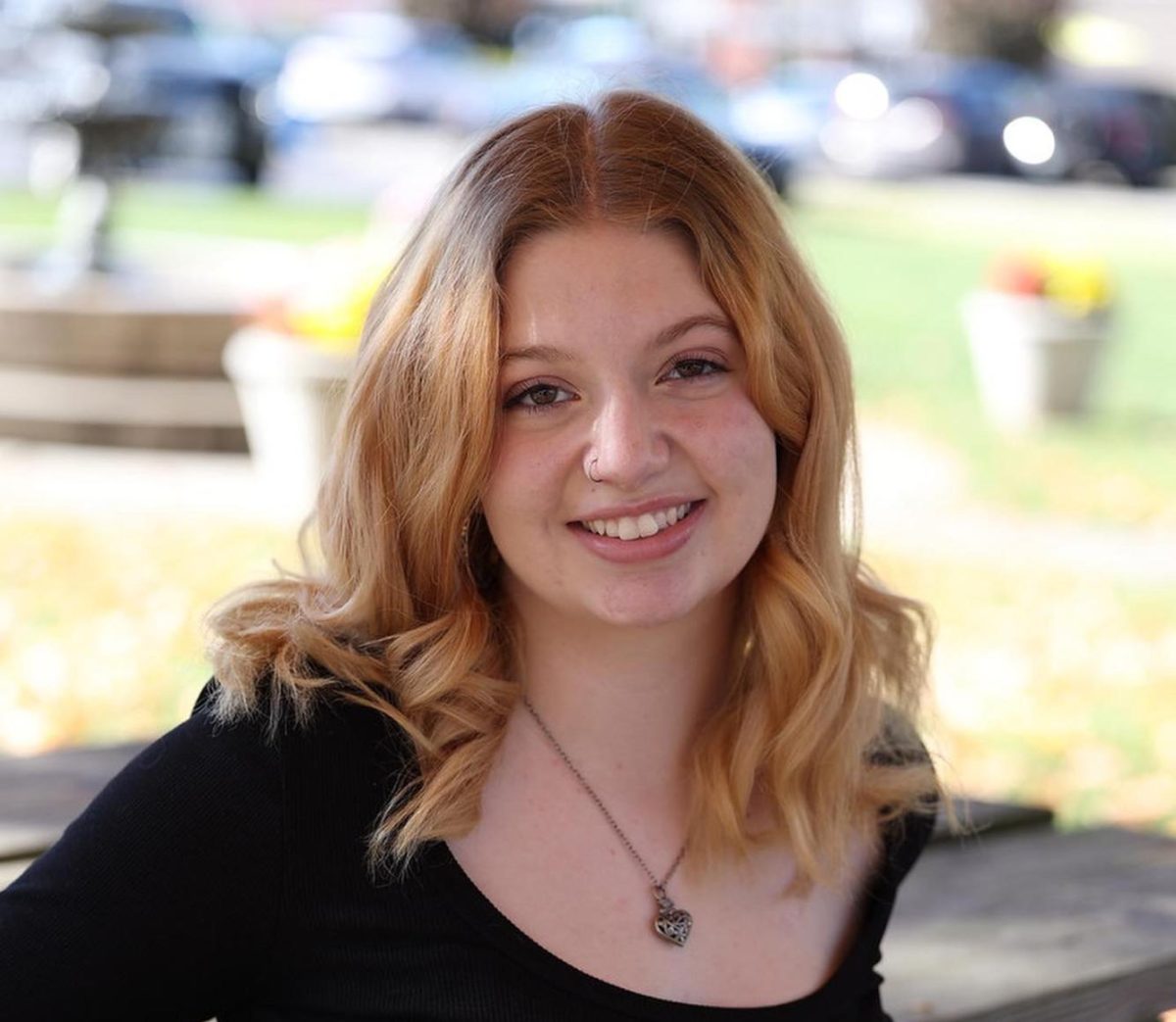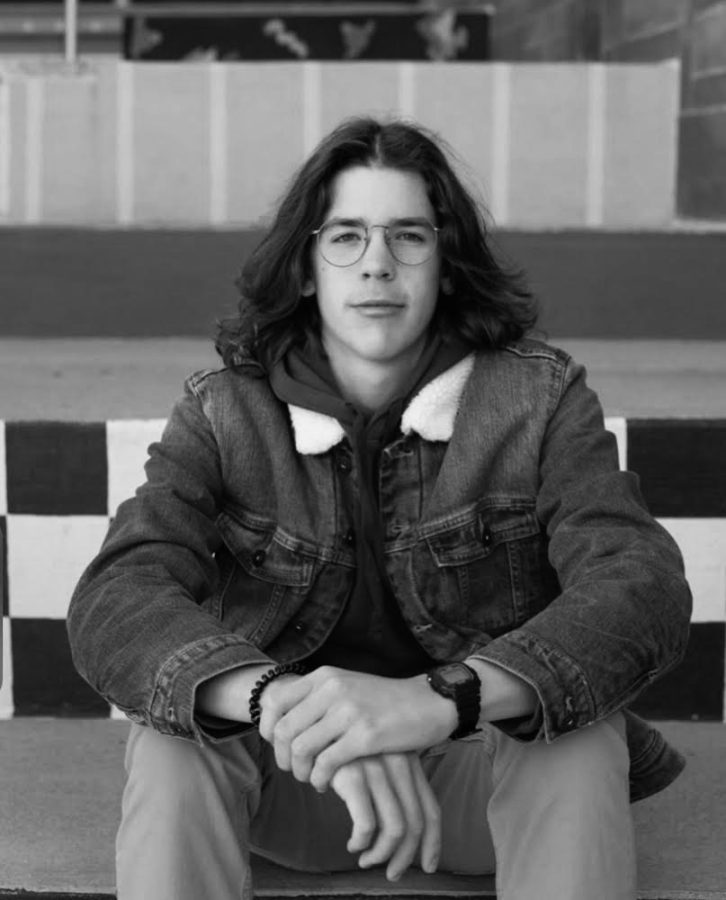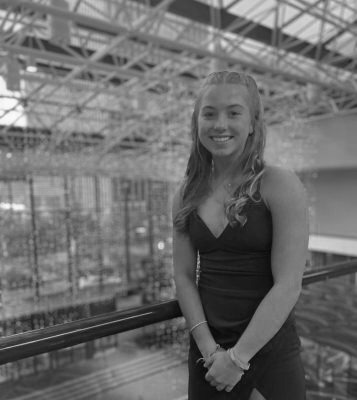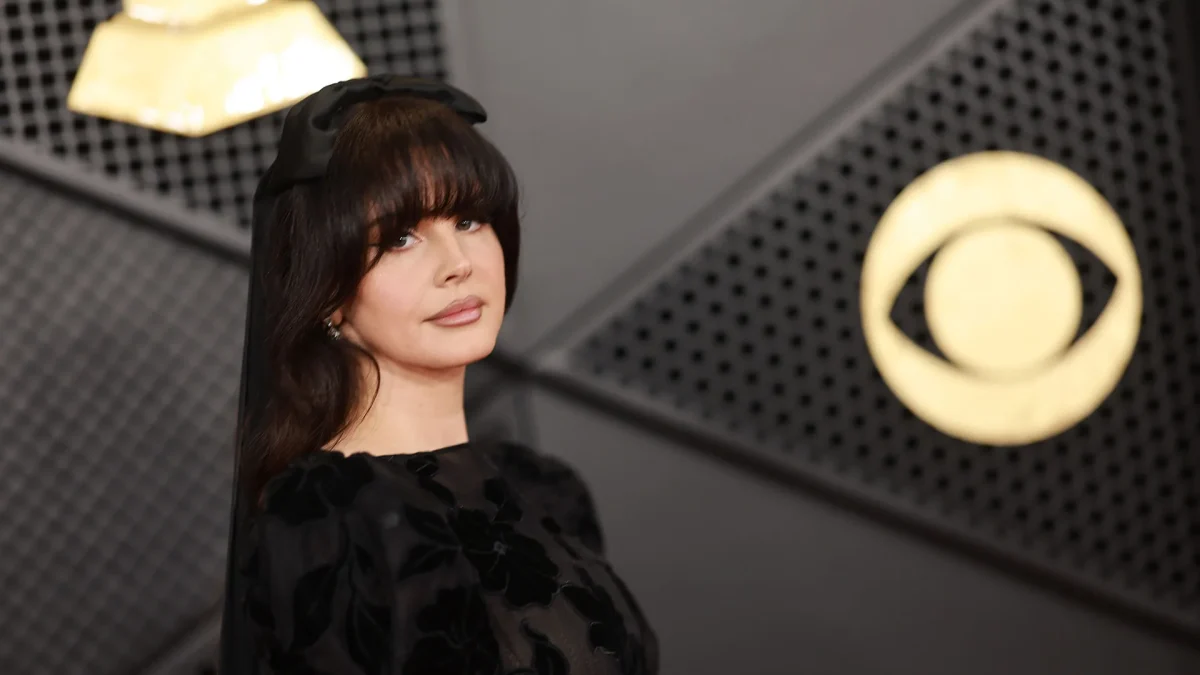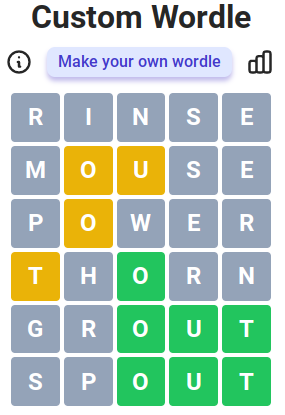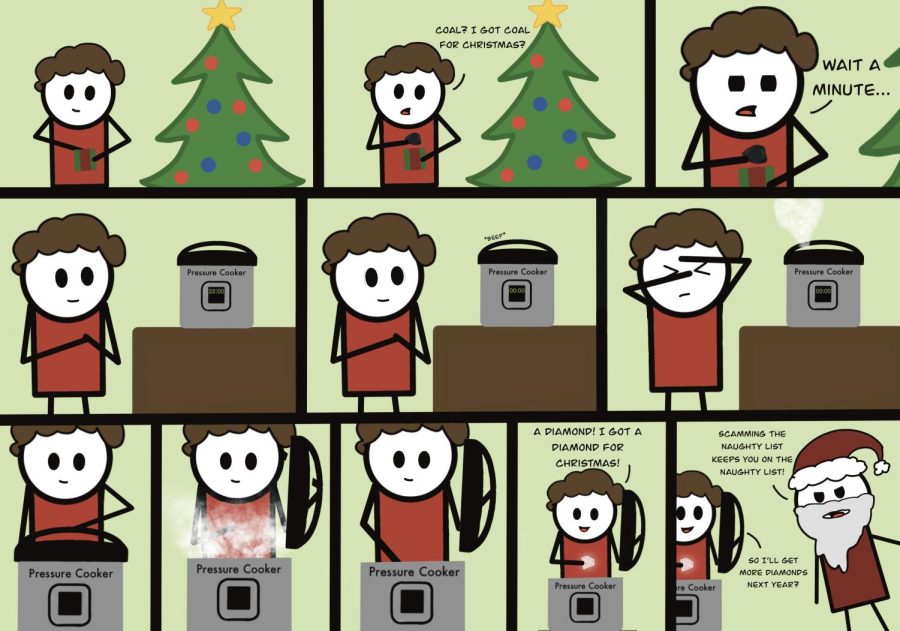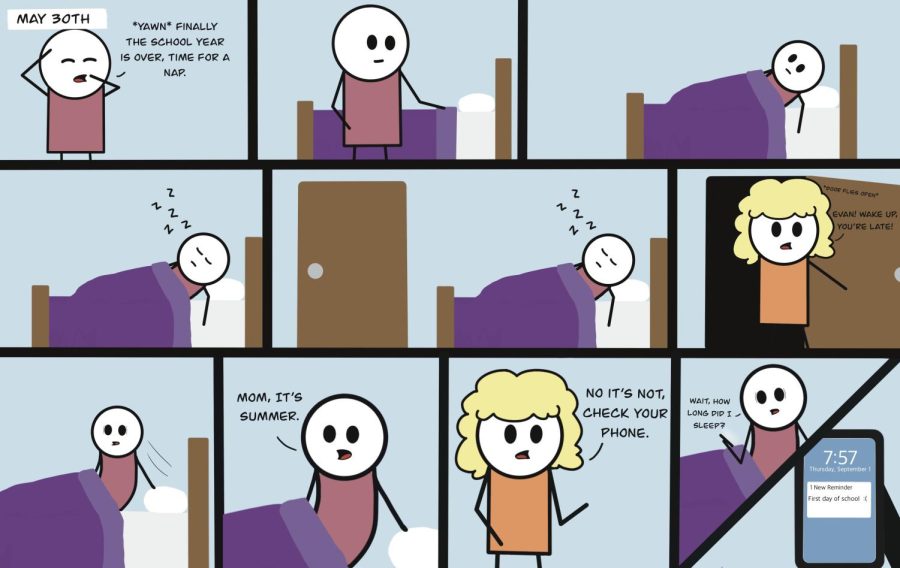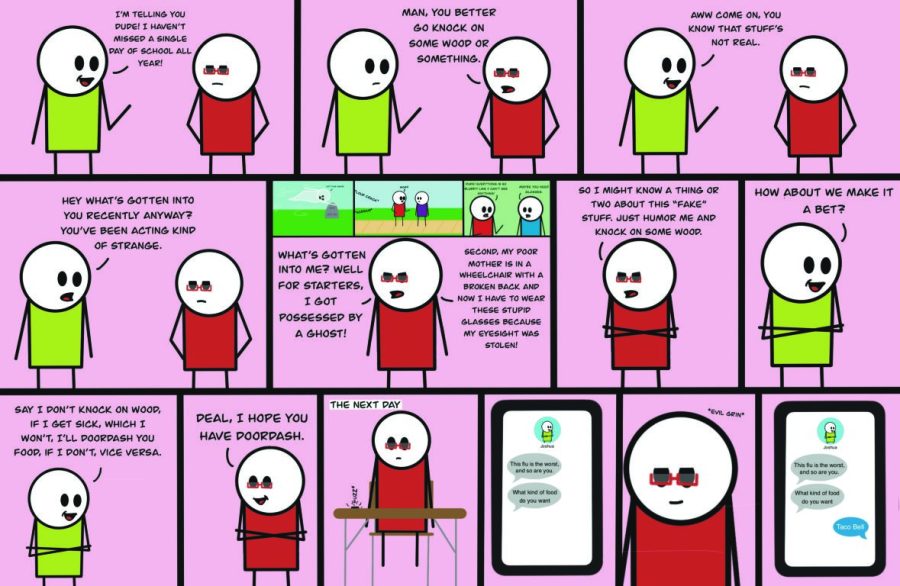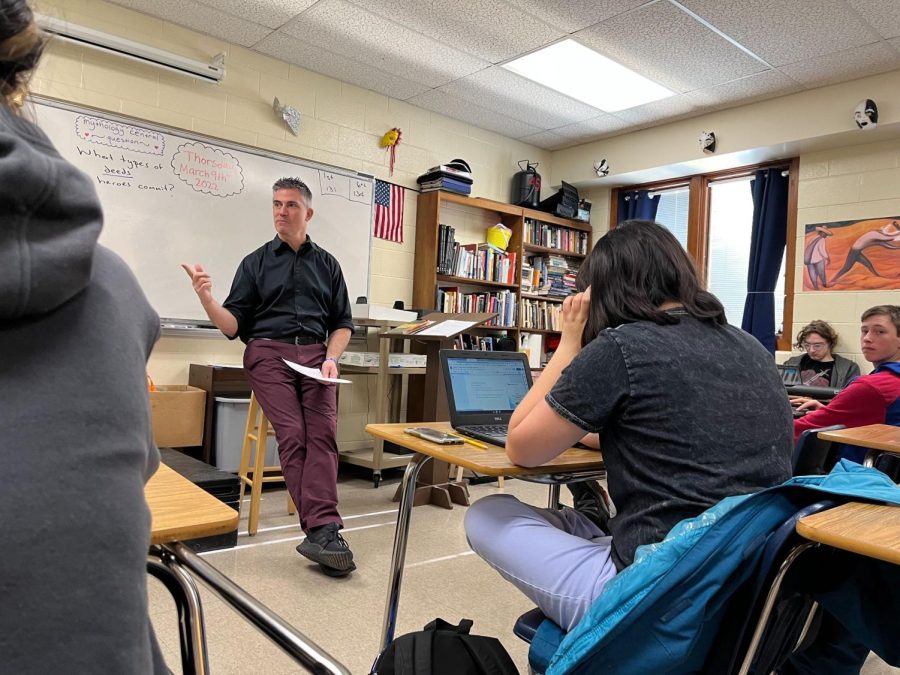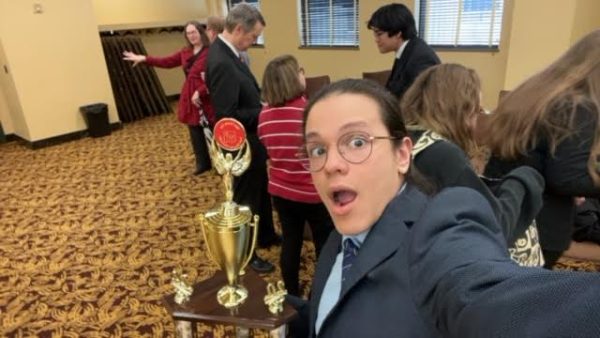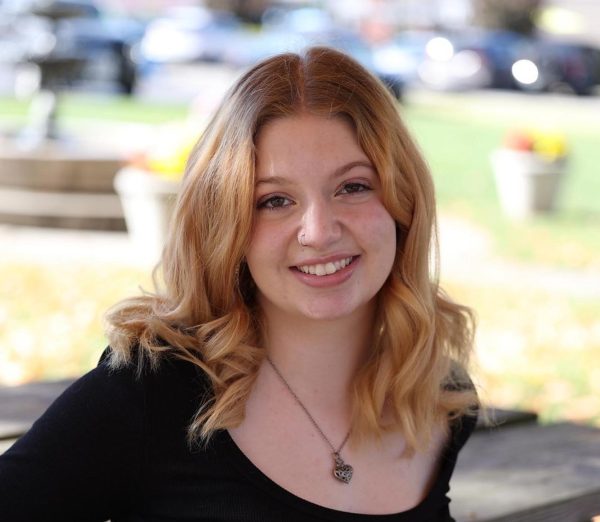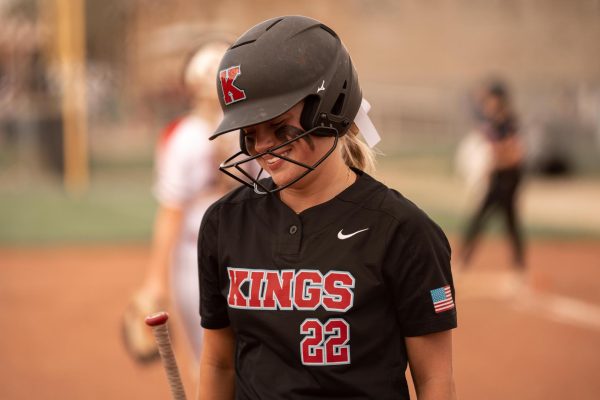Purpose through passion: Peter Moore’s philosophy articulated
At the beginning of the bell, Moore details the agenda for Speech class, preparing students for conferencing
He conducts energized lectures and students’ eyes dart between their guided notes and the presentation behind him. His students perform speeches and dramatic scenes in front of their peers with undivided attention. He reads stories with emotion, accents, and audience participation.
For Peter Moore, entertaining lessons and provoking student curiosity is the highlight of his job, but when he was an undeclared college student, not much older than students in his classes, his path to education had unexpected twists towards his passions.
He chose education because of real-world circumstances; he was a young father and needed to support his family with a substantial job he could acquire with a bachelor’s degree. He wasn’t idealistic at that point in time, but with a mother and grandmother who worked in education, teaching was familiar territory.
“I had been thinking about psychology as a major, so I have always had an interest in people. But I’ve always kind of been an introvert too, I never really saw myself as being up in front of a classroom every day. You know, some people just seem to be built for it, like they’re natural group leaders. That wasn’t really me,” Moore said.
As someone who sees him everyday at home and school, Moore’s son, Isaac, isn’t entirely convinced that Moore is an introvert.
“He’s an introvert and an extrovert; I feel the same way. We’re basically the same person, but he’s just 30 years older than I am,” Isaac said. “Sometimes he gets tired by talking to other people. Sometimes I feel like he gets motivated by talking to other people. He’s probably more introverted than extroverted.”
Although social interactions reduce the charge in his battery, Moore’s enjoyment of the subjects he teaches helps carry him through the day. Designing the Mythology electives brough Moore a lot of joy through exploring topics he was passionate about.
“Putting something together that was just uniquely my own [has] been exciting but intimidating. [With] something like Mythology II, I could pick anything that I wanted to cover mythologically in that class,” Moore said. “What really matters? How is it going to build on Myth I? How are we going to pull it into the modern world and make it relevant to us so it’s not just you know, some curious, trivia class.”
His passion built his purpose. Coworker and English teacher, Tim Hicks, described Moore as “purposeful” due to his decisions and actions having a logical reason behind them.
“He takes controlled risks, I would say. It’s not like he’s going to jump into a play on a whim or something. He thinks out why and what themes matter, and if there’s controversy, he’ll already have thought about it,” Hicks said.
Moore’s strong love for his family, and being a father to kids in the district, provides a positive bonus in teaching: being able to teach his kids once they’re in high school.
“That’s why this year is a really, really special year for me because I’ve got Isaac and Eva walking through the hallways. I have Isaac in class. I’m a little worried about what’s going to happen when they’re both graduated,” Moore said. “I mean, I loved my job before they ever walked into the high school, but I’ve always kind of been excited about them being here because it just makes everything feel even more meaningful than it did before.”
Moore describes his family as his “axis mundi,” a mythological term used to describe the center of the world that connects heaven and earth, a location which varies depending on the religion. Having family members like Isaac in Mythology allows the axis mundi to be closer, meaning that his core purpose is always present, though he doesn’t let any nepotism creep into his teaching.
“I’ve tried to be really conscious of avoiding calling on him too much. And I would never pick on my kids in front of other kids, even if I’m trying to be funny about it, because you know when you’re young, sometimes you don’t want attention drawn to you in that way,” Moore said.
The only downside to being the son of a philosophical teacher is when the teacher persona doesn’t turn off to let the dad persona shine through to let simple trips with family be about spending time together rather than learning a lesson.
“We’ll be in a museum and he’ll be looking at some exhibit for a Mayan old tool that they were using. And he’ll go on a 15-minute speech about how this is really a representation of life as a whole. I don’t like it when he’s the one who addresses it to me. I like figuring stuff out on my own,” Isaac said. “It’s like a cheat code in life. It’s almost like skipping a few chapters ahead that I would rather find out on my own whether in that moment or later in life.”
Isaac has “a lot of respect and admiration for him,” and Moore sees value in listening to each other’s thoughts and having strong, healthy relationships with family because that then radiates out to how they handle other relationships and aids in making the world a better place.
“If I bring [the way I feel towards my family] to school with me, obviously that’s gonna make me a better teacher. If I [apply those feelings] to my attitude as far out as international politics, all of a sudden, I can’t turn the world into an us-versus-them battleground. I have to turn it into a place where people need to talk and people need to understand each other, otherwise, relationships are gonna fall apart,” Moore said.
As time passes and students in each class change, Moore continues his purpose as a teacher, as Hicks says, “to help bring student curiosity to its full potential,” and Moore’s reminded of the inspiration that comes from the work of supporting students.
Through mistakes he made in life, Moore realized that people, and specifically high school students, are in the process of growing and need places where they are comfortable to grow.
“And what that means is they need a place where people are encouraging them, but they need a place where they can take risks safely and not always get things right,” Moore said. “Which is one of the hardest balances to find in school to push people to be their best without telling them what that best is or without arrogantly assuming what their best is or what they even want.”
Want to show your appreciation?
Consider donating to The Knight Times!
Your proceeds will go directly towards our newsroom so we can continue bringing you timely, truthful, and professional journalism.
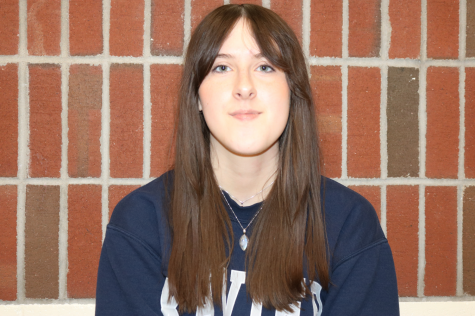
As a senior and Co-Editor in Chief of The Knight Times, Alyssa enjoys assisting her fellow writers on their articles and interviewing; she loves to hear...





